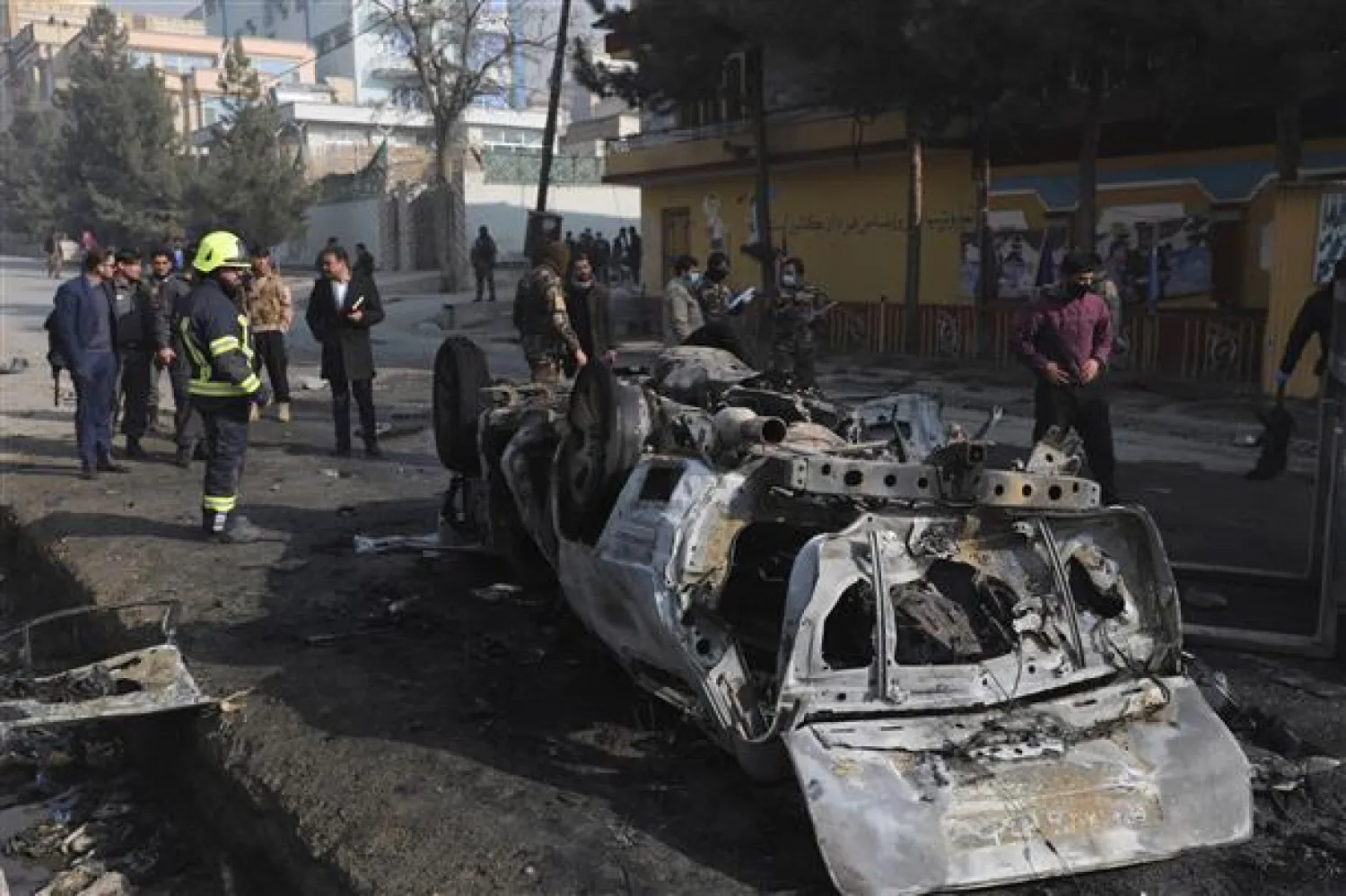A roadside bomb exploded in Afghanistan's capital Sunday, killing at least three people in a vehicle.
Tariq Arian, spokesman for the interior minister, said a spokesman for the ministry's public protection forces — a security force — was one of the three killed in the attack.
The murder of Zia Wadan, who previously worked for several media networks in Afghanistan, appeared to be the latest in a series of targeted killings that have rocked Afghanistan, especially Kabul.
Wadan and his colleagues were killed in morning rush-hour traffic in an eastern part of the capital, Arian told reporters.
"A vehicle carrying Zia Wadan was targeted with an IED... as a result Wadan and two of his colleagues were killed," Arian said, adding that another person was wounded.
No one immediately claimed responsibility for the attack.
ISIS has claimed responsibility for multiple attacks in the capital in recent months, including on educational institutions that killed 50 people, most of them students. ISIS has claimed responsibility for rocket attacks in December targeting the major US base in Afghanistan. There were no casualties.
Taliban militants have meanwhile continued their insurgency against government forces while keeping their promise not to attack US and NATO troops.









